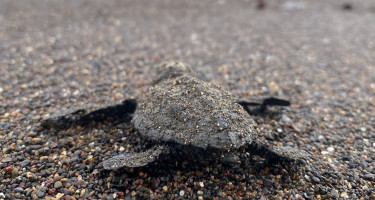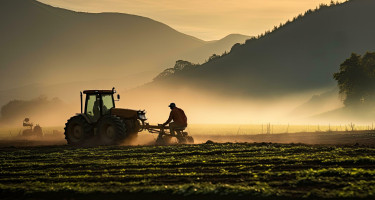Weaving Wisdom into the Dominican Republic’s National Ecosystem Assessment: Local Communities Share Traditional Knowledge on Biodiversity
Local communities across various regions of the Dominican Republic are sharing their traditional and local knowledge, actively contributing to the co-creation of knowledge on biodiversity as part of the country’s National Ecosystem Assessment.
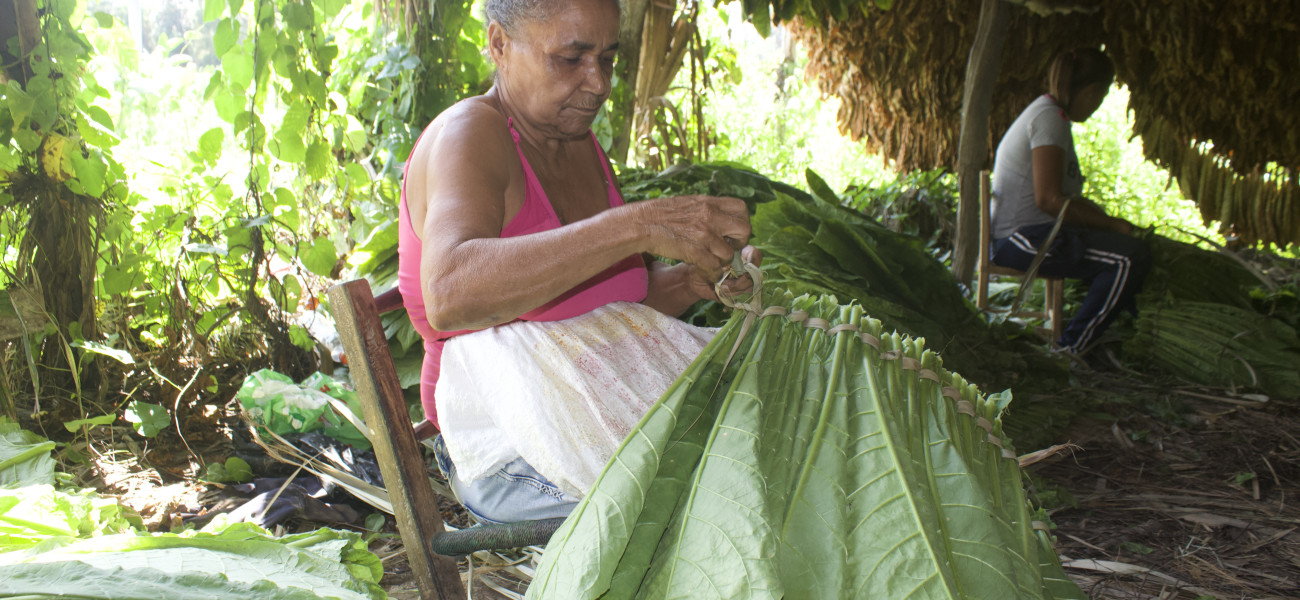
Weaving baskets from tobacco during the community dialogue in Santiago. © Consorcio Ambiental Dominicano (CAD)
With support from the Indigenous and Local Knowledge (ILK) Support Unit of BES-Net, led by UNESCO’s Local and Indigenous Knowledge Systems (LINKS) program, the team behind the Dominican Republic’s National Ecosystem Assessment (NEA-DR), implemented by the Dominican Environmental Consortium (CAD, from its acronym in Spanish), has continued to advance the meaningful inclusion of local and traditional knowledge throughout the assessment process.
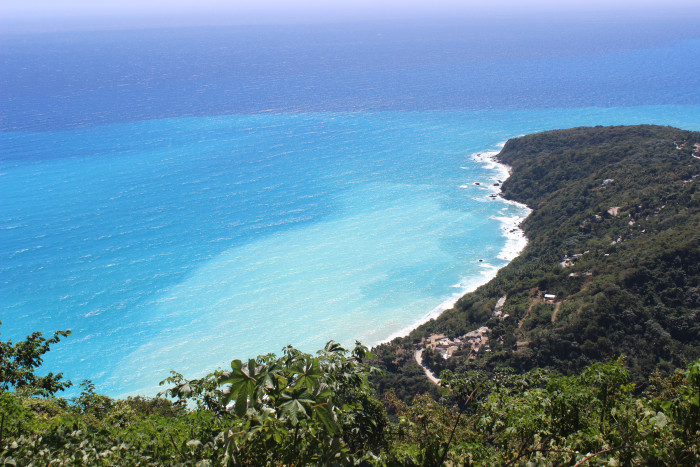
Panoramic view during the hiking trip during the workshop in the Jaragua-Bahoruco-Enriquillo UNESCO Biosphere Reserve. © Consorcio Ambiental Dominicano (CAD)
In early 2025, the NEA-DR team carried out a series of local and traditional knowledge-gathering activities, including community dialogues and walking workshops in the UNESCO Jaragua-Bahoruco-Enriquillo Biosphere Reserve, as well as in Santiago, Miches, and Sánchez, Samaná. These activities brought together more than a hundred people who hold local and traditional knowledge, and who shared their practices and insights – ranging from agriculture to coastal and marine conservation.
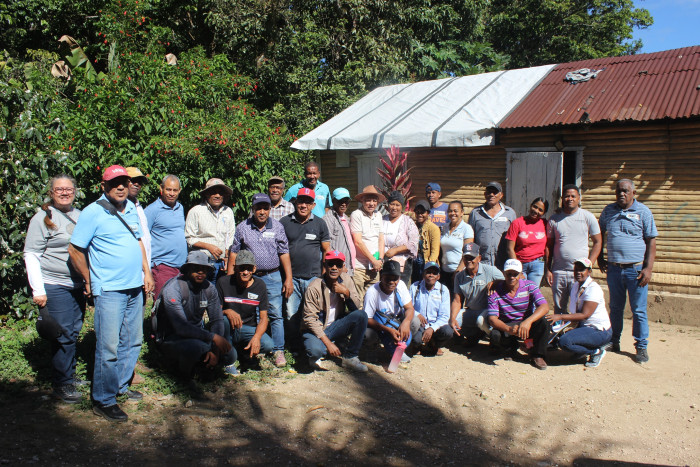
Workshop participants during the hiking trip at the Jaragua-Bahoruco-Enriquillo UNESCO Biosphere Reserve. © Consorcio Ambiental Dominicano (CAD)
Through these collaborative efforts, traditional and local knowledge is being recognized, valued, and interwoven into every evaluation chapter of the NEA-DR, thus complementing and enriching scientific knowledge on biodiversity and ecosystems.
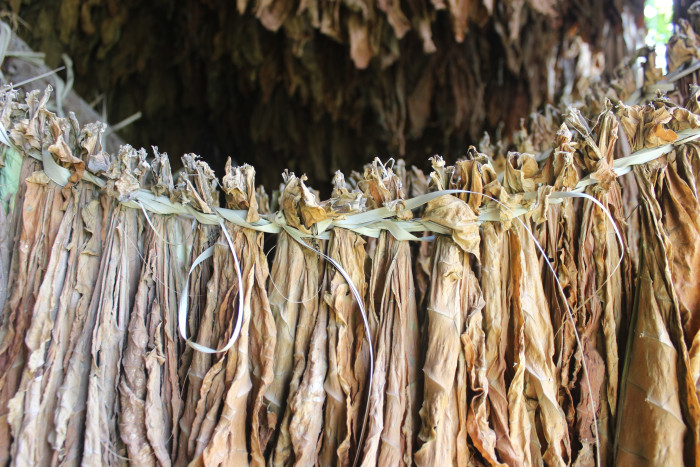
Tobacco basket. © Consorcio Ambiental Dominicano (CAD)
- Country: Dominican Republic
- Project:
- Contact:
Sofia Delger
Ana Costiniu

